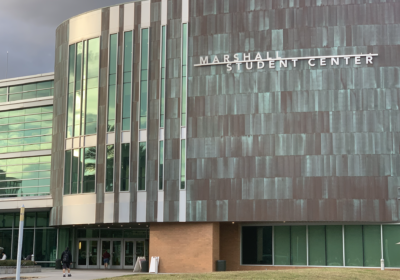USF should not have forced vacation on employees
Last December, USF declared a seven-day vacation in an attempt to save money by not having to use electricity or pay employees. It also forced an estimated 5,500 employees to use three paid vacation days for the break.
Unionized faculty members in the USF chapter of United Faculty of Florida (UFF) filed a grievance last month in response. An arbitrator was appointed to settle the dispute and announced last week that USF did not have the authority to force leave on union members.
Only about 600 of the 5,500 employees affected by the leave requirement were faculty members, but USF provost Ralph Wilcox said in an e-mail sent to all staff that the University will re-credit the leave to all 5,500 employees.
In addition to saving money, the forced vacation was designed to reduce the balance of vacation days that many employees save. However, forcing employees to take paid absences defeats the purpose of vacation days.
Employees need those days for conferences, appointments and vacations they plan. The University should not have planned a paid vacation for employees without giving them notice well in advance. The action likely left many employees with nothing to do on days they expected to be working. It may also have left some without enough paid vacation days for future plans.
Unionized faculty members have control over their paid vacation days as a condition of their 12-month contracts. USF should have known that violating these contracts would trigger a backlash from the UFF.
USF could have pulled off the forced vacation if they had consulted the union first. The administration’s mistake will potentially hurt the University and its employees.
If faculty save their vacation days and use them sparingly, the University must reimburse them for unused days when their employment ends. If the payouts are large enough, they could hurt USF’s budget.
The arbitrator’s decision has made another forced paid vacation unlikely, leaving USF with fewer cost-cutting options. In the future, the University may have to turn to layoffs or furloughs, which are mandatory unpaid leaves.
Consideration of such tactics might have been avoided through the use of a little more foresight, which may have allowed USF to implement the mandatory vacation with the blessing of the faculty and staff. Though it may be too late, the administration should enter into negotiations with the union in an attempt to reach an agreement that would benefit everyone.






